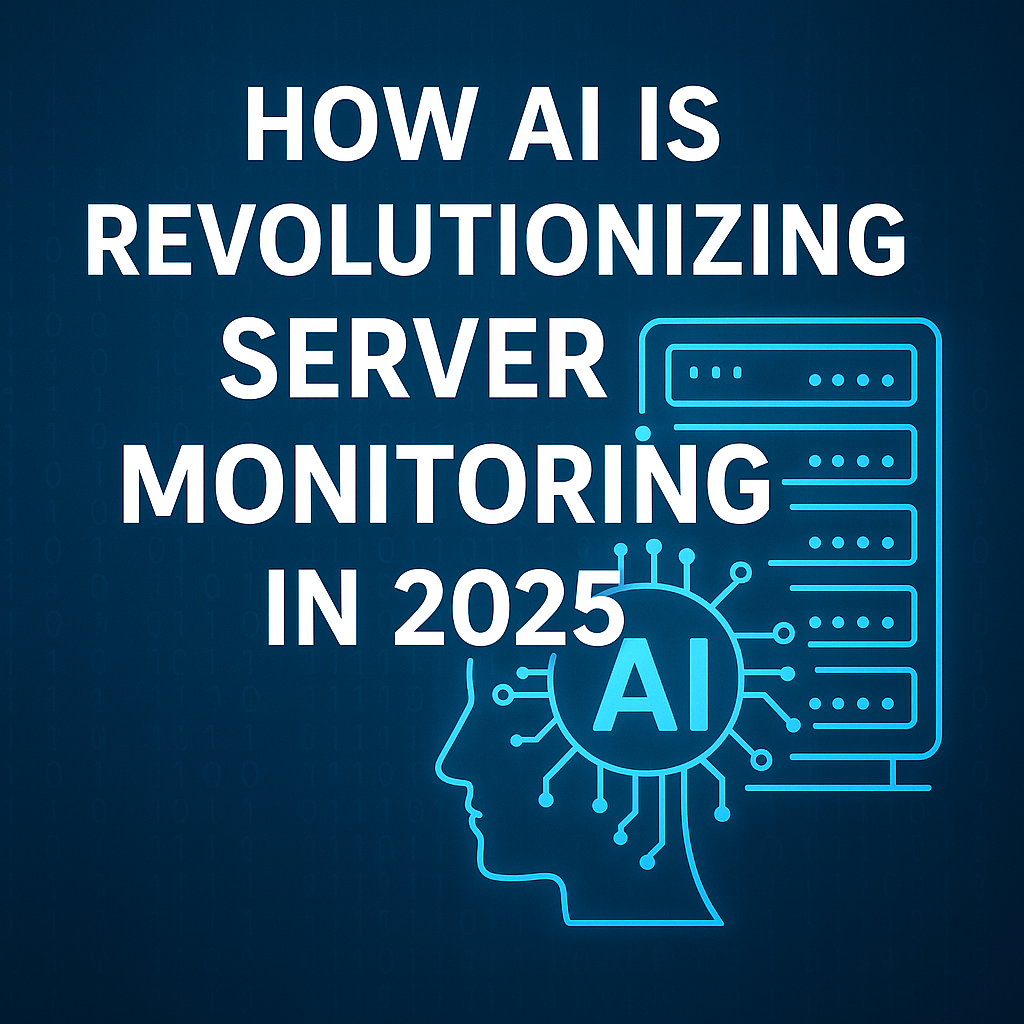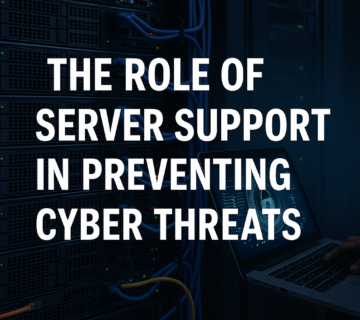How Managed Services in Southern California Ensures HIPAA Compliance
Online security and privacy are two of the most important issues that businesses and managed services providers in Southern California should be concerned about. Although there’s a perception that HIPAA compliance pertains only to hospitals and law firms, the truth is that any business that stores or transmits confidential information needs to follow these security and privacy guidelines.
Awareness of HIPAA
Every managed services firm in Southern California should be aware of HIPAA regulations so that their clients don’t face thousands of dollars in penalties. These guidelines exist to protect individuals from sensitive information getting into the wrong hands. Cybercriminals are getting increasingly more knowledgeable and deceptive at penetrating networks, so this issue cannot be ignored.
How IT Experts Protect Clients
Not all IT firms are equal, as some have been in business for years with advanced skills and tools, whereas others come and go like trends. It’s best to work with the more serious firms that plan on remaining in business for years. They can help oversee your HIPAA compliance by taking the following actions:
- Establish policies and procedures
- Train employees on how to handle and report suspicious activity
- Use strong security layers such as encryption and firewalls
- Conduct an annual audit of your infrastructure
One of the most proactive moves your IT consultant can take is to analyze your networks, devices, and applications to assess risks. Catching vulnerabilities early is the best way to prevent security breaches. Your IT experts can influence workers to be more cognizant of phishing scams that unleash malware and ransomware.
Many companies are finding that virtualization effectively adds extra protection to digital assets because it allows you to stack multiple operating systems on one physical platform.
Keeping Mobile Devices Secure
Mobility has become omnipresent in business, much like cloud computing. The bring your own device (BYOD) model has taken off, especially with small businesses that want to create a more comfortable and flexible workplace for employees. In order to use mobile devices safely on a network, you need mobile device management (MDM) software, which allows IT officials to control access to the network and block unwanted visitors.
All endpoints of devices must be HIPAA compliant, especially when patient medical records are delivered across the internet. Your IT officials will be able to separate the personal data of employees from corporate data. They can also wipe data remotely if the device is lost or stolen.
Conclusion
Working with experienced managed services professionals in Southern California and using robust security are keys to meeting HIPAA compliance. Contact us here at ecasys Corporation for more information on strengthening your security so that you can focus on your business.




